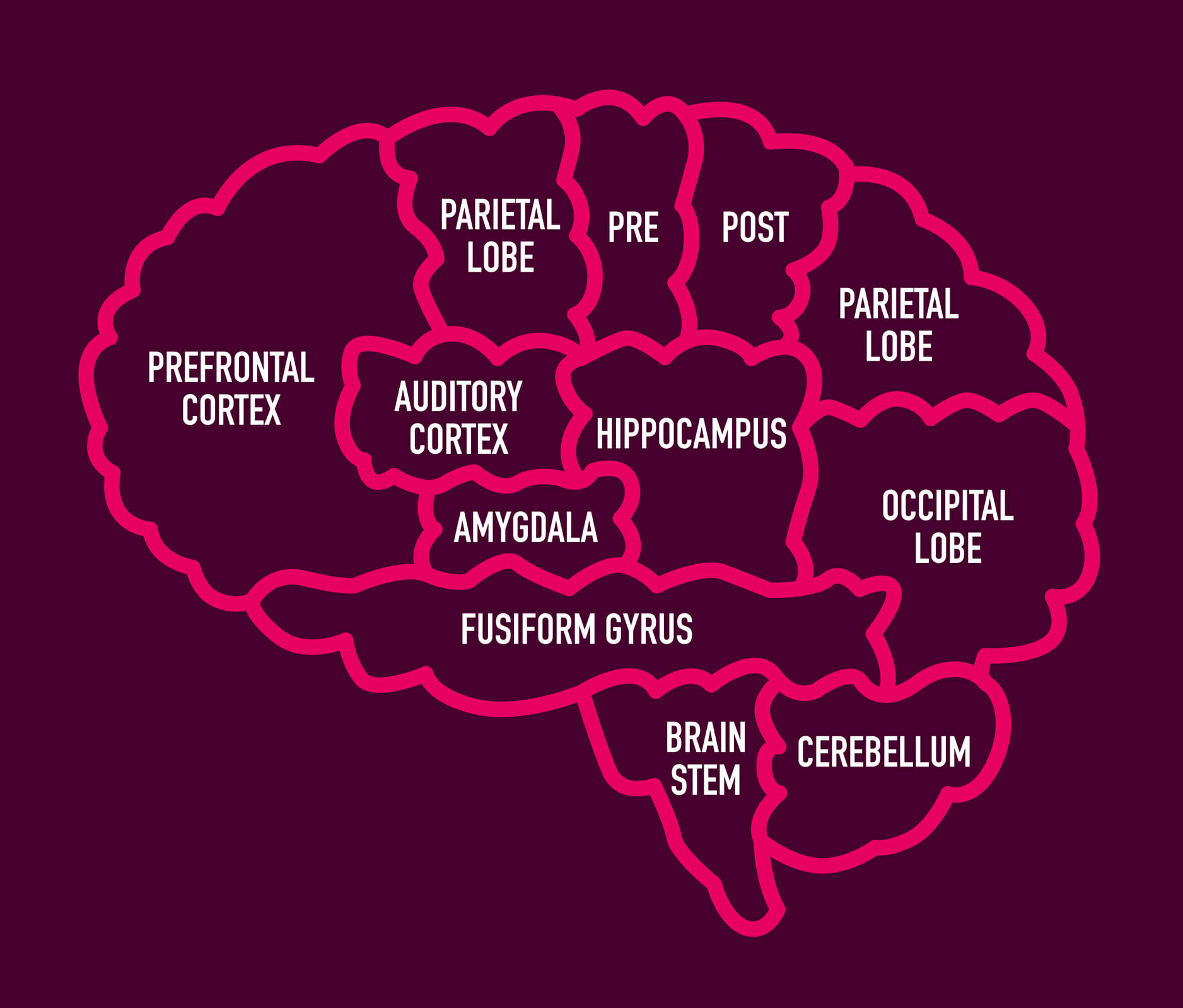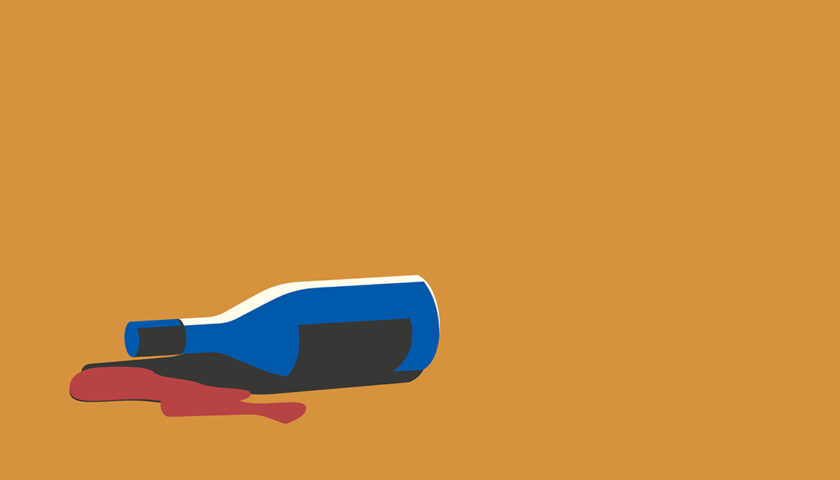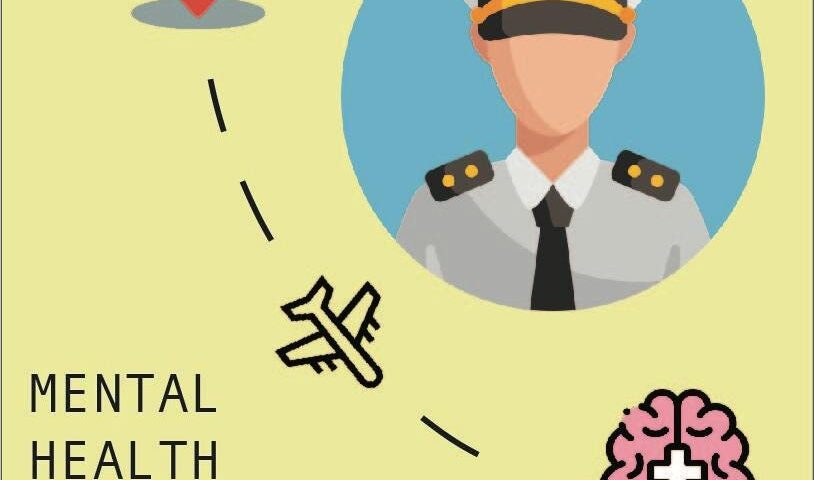This is a post written by RK Singh, Ex-Air Force Office who took premature retirement in 1993. He subsequently helped in setting up 7 factories all over India. He is based at Noida and deeply into social service to help people in general who have legal issues or problems. He is a postgraduate in Physics from Allahabad University and Master’s in Defence Studies, Business Administration & environmental Sciences besides a degree in Law. He has published 23 research papers and a number of articles.
Medically Brain death is the complete loss of brain function, including involuntary activity necessary to sustain life. It differs from a persistent vegetative state, in which the person is alive and some autonomic functions remain. It is also distinct from an ordinary coma, whether induced medically or caused by injury and/or illness, even if it is very deep, as long as some brain and bodily activity and function remain; and it is also not the same as the condition locked-in syndrome. A differential diagnosis can medically distinguish these differing conditions. Brain death is used as an indicator of legal death in many jurisdictions, but it is defined inconsistently and often confused by the public. Various parts of the brain may keep functioning when others do not anymore, and the term “brain death” has been used to refer to various combinations. Now let us look at the legal opinion.
Is a brain-dead person dead? The answer is both yes and no and depends upon under which Act you are looking and what actions your legal heirs/family members take once you are declared brain dead. How is it possible that the answer is both yes and no? The dilemma lies in the way death is defined in the two acts, that is Registration of Birth and Death Act 1969 and the Transplantation of Human Organs Act 1994 and this puts the medical fraternity in dilemma and here again, they are faced by devil’s choice, unless the legal heirs/family members help them out. Death is defined in the Registration of Birth and Death (RBDA) Act 1969 as “The permanent disappearance of all evidence of life after live birth has taken place”. The mention of the word all, evidence of life excludes brain death. Therefore even if the doctors issue a death certificate stating brain death as a cause, which normally they will not do, then the death cannot be registered as death under this act. Hence no death certificate can be issued, implying that even though the person is dead and cremated but he is still alive legally.
Braindead has only been defined in the Transplantation of Human Organs (THO) act 1994 only in connection with human organ donation and has led to the certification being mostly viewed as a procedure. If the legal heirs refuse to donate the organs, this applies even though you may have donated the organs legally as without their permission the donation is not valid unless you have made a living will or what is called Advance Declaration by the Supreme Court. The procedure for the execution of this advance declaration is very lengthy and cumbersome with the judicial magistrate first class being the custodian and executor of the living will and only after the recommendation of a medical board as given in the Supreme Court judgment. The act also is not clear as to what will happen if the family refuses to donate organs and in that eventuality, the doctors will also refuse to switch off the ventilator and support systems fearing legal implications and the cost of treatment will keep rising till death takes place and may lead to a huge bill. Death in THO act is defined as “permanent disappearance of all evidence of life by reason of brain stem death or in a cardiopulmonary sense at any time after live birth has taken place”. Here brain stem death is defined to mean death and this act will apply only if the legal heirs/family members agree to donate the organs.
The medical fraternity is of the opinion that it is a futile intervention once the diagnosis of brain death is made. But it is challenging for a doctor and the family to decide whether to continue life support or not. This is what we often refer to as the devil’s choice, the doctors fearing legal implications and the family worried about the rising cost per day and the bad-mouthing by the relatives and friends and social humiliation. The gap between brain death and cardiac death maybe days. There is a 10 step procedure to be followed for certifications if the THO act becomes applicable and only if the family agrees to donate organs. Conditions are laid down as to when and how the brain death can be declared and the process is to be repeated after an interval of six hours. Therefore what is needed is that the procedure needs to be specified under the RBDA 1966 to include brain death as a cause of death along with the procedure to constitute a medical board that will examine the case and conduct tests that can be repeated after 6 hours or as specified and the board will have the power to declare the person brain dead even though the family members have not agreed for organ donation but are unwilling to continue with the life support system due to any reason whatsoever.



